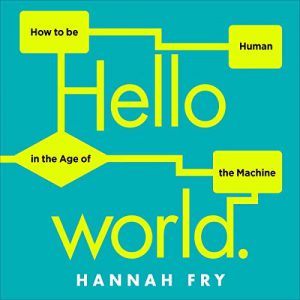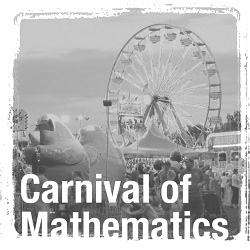Every time I use the jealous husbands river crossing problem, I prefix it with a waffly apology about its formulation. You’ll see what I mean; here’s a standard statement of the puzzle:
Three married couples want to cross a river in a boat that is capable of holding only two people at a time, with the constraint that no woman can be in the presence of another man unless her (jealous) husband is also present. How should they cross the river with the least amount of rowing?
I’m planning to use this again next week. It’s a nice puzzle, good for exercises in problem-solving, particularly for Pólya’s “introduce suitable notation”. I wondered if there could be a better way to formulate the puzzle – one that isn’t so poorly stated in terms of gender equality and sexuality.

